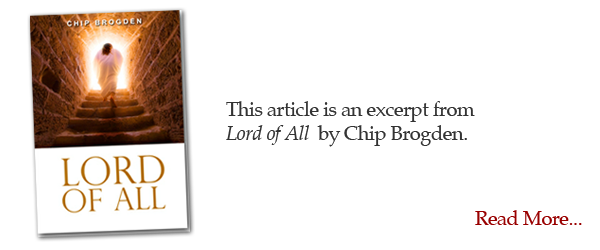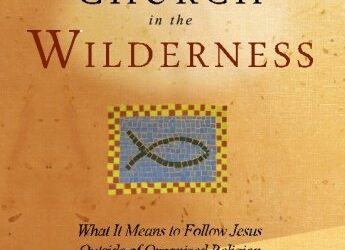In the case of our spiritual life, our Teacher already knows where we are; but we do not know ourselves. So the circumstances and trials of our life are permitted, and more than anything else, these difficulties reveal us for who we really are – not to discourage us, but to help us to grow.
Until then, we are very much like the young disciple Simon Peter, who boasted (in a good hearted-way) that even if all the other disciples forsook Jesus, he would never do so. We can smile at the impetuousness of Peter because we know how quickly this affirmation of faith wilted when it was tested. But can we not see something of our own selves in Peter? We are also full of good intentions and well-meaning platitudes, but how quickly we, too, stumble and fall when our faith is tested.
Peter did not know himself. He loved Jesus, and he wanted to obey Him, but he did not recognize or appreciate the weakness of his own flesh. His spirit was truly willing, but his flesh was weak – and he could not even see his own weakness. After the denial, when he wept bitter tears, was it not the most revealing moment of his life? His very failure was the means through which his Self-life was crucified. He learned that he could no longer trust his flesh and his good intentions. And this knowledge humbled him and prepared the way for him to grow beyond his failure and be transformed into a man who would eventually lay down his life for the Master – without fear, without protest. The earlier denials long forgotten, preserved only for our learning and instruction.
All of us go through moments of “denial” like this when we fail to live according to what we believe to be true, when faith is tested, and we cry bitter tears of frustration as we find that (once again) we have fallen short of the mark. Let us view these things for what they really are: opportunities for Self to be decreased, and for Christ to be increase. Our temptations, tests, and trials are doing the work of reducing us to Christ. Each wound we receive strikes a blow to our pride and weakens our independent spirit. The things that we think are there to humiliate, weaken, and destroy us are the very things that God uses to strip, refine, purify, purge, and mold our character into the very image of Christ.
We do not have to seek these decreasing experiences; they come to us automatically by reason of our existence in the world. Jesus said that “in the world you will have tribulation” (Jn. 16:33). And since this is the case, we might as well make the best possible use of every difficulty and circumstance we find ourselves in. These difficulties will either makes us better, or make us bitter. Ultimately, the outcome depends upon how we choose to respond.
The Blessings of Being Reduced
For those who choose the path of getting better, the benefits of being reduced to Christ are many. First, a person who is so reduced finds their spiritual life to be very simple. There is an elegant simplicity to a Christian who really wants nothing more than to love and please God. With this simplicity comes great peace, because having all their needs met in Christ, there is no worry or fear or sense of lack that often comes to haunt those who are always busy with much seeking. And with this great peace comes great joy, for when a person is reduced to Christ and seeks nothing else, there is a sense of completion and fulfillment, the kind one experiences when they are satisfied and content. And with this joy of satisfaction and contentment in Christ alone, there is rest – wonderful rest, because there is no further expenditure of time and energy pursuing anything else.
We have too many things that get in the way of Him. Let us hand all these competing interests over to the Lord. Let us seek the increase of Christ and allow our circumstances to decrease us as the Lord deems necessary, remembering that everything God has done, and will do, is leading towards a single, inevitable outcome: more Him, and less of me.












